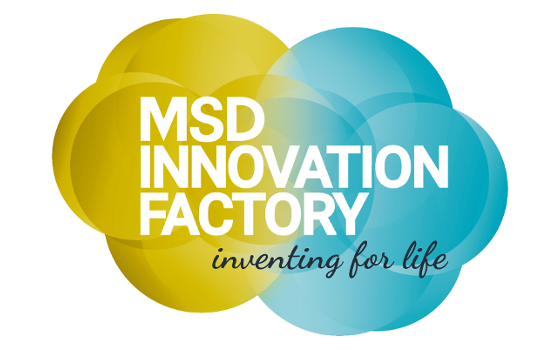As a leading pharmaceutical company, MSD is aware of the need to incorporate open Innovation for better healthcare. The best ideas may not always pop up where challenges are identified. That is why MSD wants to support and partner with external talent to collaboratively develop competitive solutions following a win-win approach.
The Lebanon-College Challenge: Empowering oncologists to save lives
Lebanese oncologists face challenges to stay updated with their practice, mainly due to time constraints. The vast amount of data that is being published in the field, and their clinical and academic responsibilities, are the main reasons for these time limitations.MSD Lebanon aims to enter into a co-creation process with an external partner that provides the service that includes the use of a digital solution that helps oncologists to stay updated with relevant clinical content about cancer updates. The applicant must be able to provide both the content and the technological platform to deliver it to the Lebanese doctors.
Expected functionality and characteristics: The applicant must be able to manage the whole life-cycle of the content - identification, selection, tagging, uploading. Besides, the digital solution must be: user-friendly, trustable, multi-channel, multi-content, customizable, adherent, measurable, restricted to Lebanese oncologists, provide printed copies of content, comply with security and privacy.
The schedule
The process is done in five steps:1. Solutions submitted before 21st December 2018 are reviewed by the MSD team.
2. Up to four finalists will be announced on 21st January 2019.
3. Finalists receive mentorship to improve their initial proposal.
4. Finalists pitch their proposal at the Selection Event in Beirut on 5th March 2019.
5. Winning proposal will be co-created and rolled-out in the local market with MSD team support.
The prizes
The winner will receive the following:- Up to $20,000 to pilot their solution in the challenge-related local market (Lebanon).
- Support from MSD local team to connect with the local ecosystem (eg. medical professional associations), deal with potential regulatory issues and disseminate leveraging MSD local channels. It will also contribute with expertise and business know-how.
- If the launch is a success after 12 months, its outcomes will be globally shared within MSD to investigate further implementation beyond the initial market.
Each finalist will receive €400 to cover travel expenses. It is compulsory to physically attend the event to become a winner (no remote presentations).
Who can apply? Any company that is incorporated in any country. Consortia are permitted. Any technology is welcome with the exception of chatbots. The working language will be English.
For detailed information about the initiative including challenges and process, please visit:
http://www.msdinnovationfactory.com
About the MSD Innovation Factory and MEA Region
Since 2016 the MSD Innovation Factory has been established as an open innovation vehicle for the MEA Region with the main objective of finding co-creation opportunities with external partners to deliver sustainable solutions for our patients and customers.With a footprint that spans across 2 continents and serving a population of close to 1.7 billion people, MEA is one of the most diverse regions within MSD. Our region is a true melting pot, possessing a rich mix of cultures, ethnicities and backgrounds that are fundamental to our company's success. As we aspire to improve health and wellness across MEA, we apply the combined knowledge, skills and experiences of thousands of employees in the Human Health, Animal Health, Manufacturing and Research divisions.
Our researchers are at the forefront of exploring new ways to address health challenges, with clinical trials running in several countries across the region. High disease burdens across the region for Cancer, Hepatitis C and Diabetes among many others, keep us conscious of our responsibility, and committed to our mission to ensure that the medicines and vaccines we invent will lead to better health for society for generations to come.
